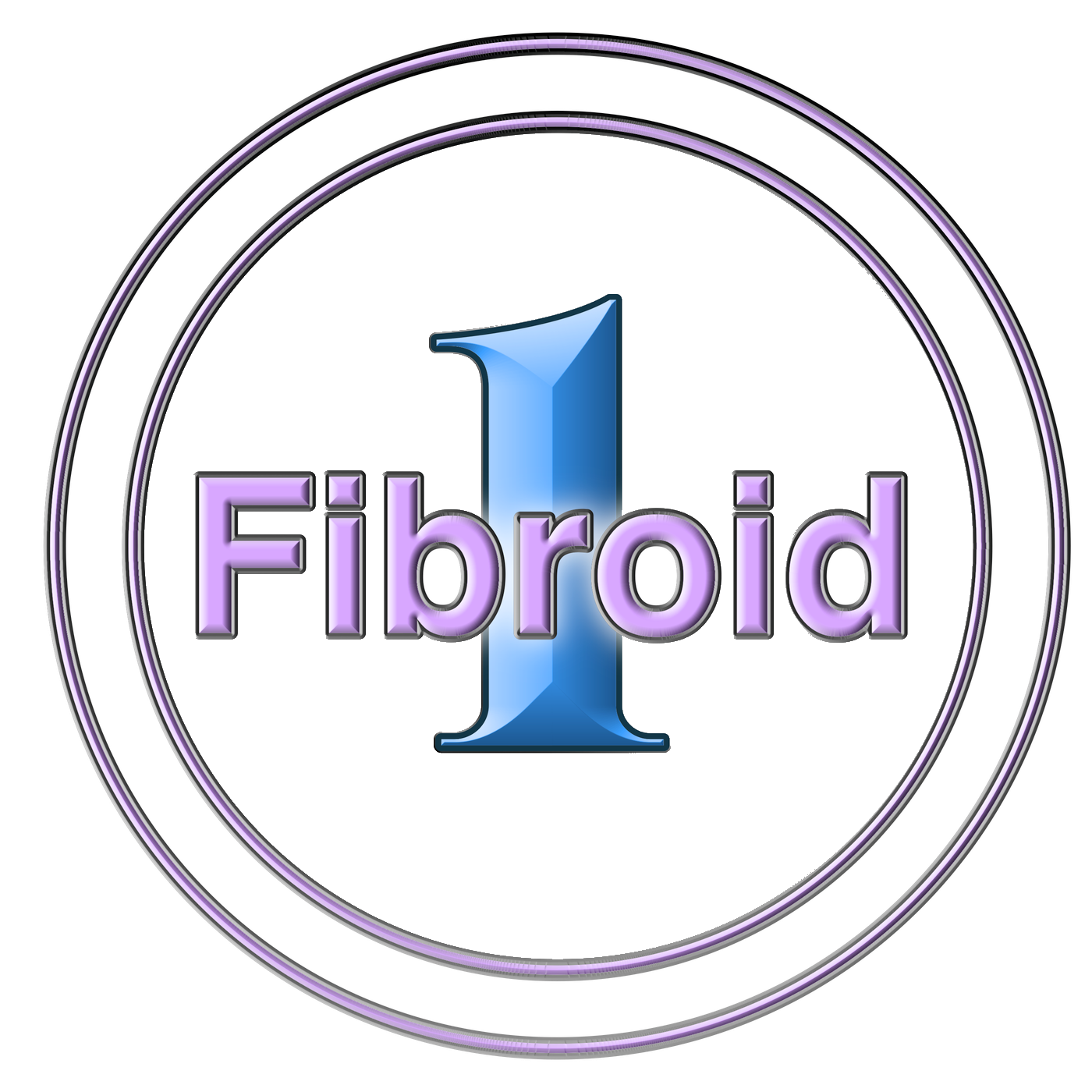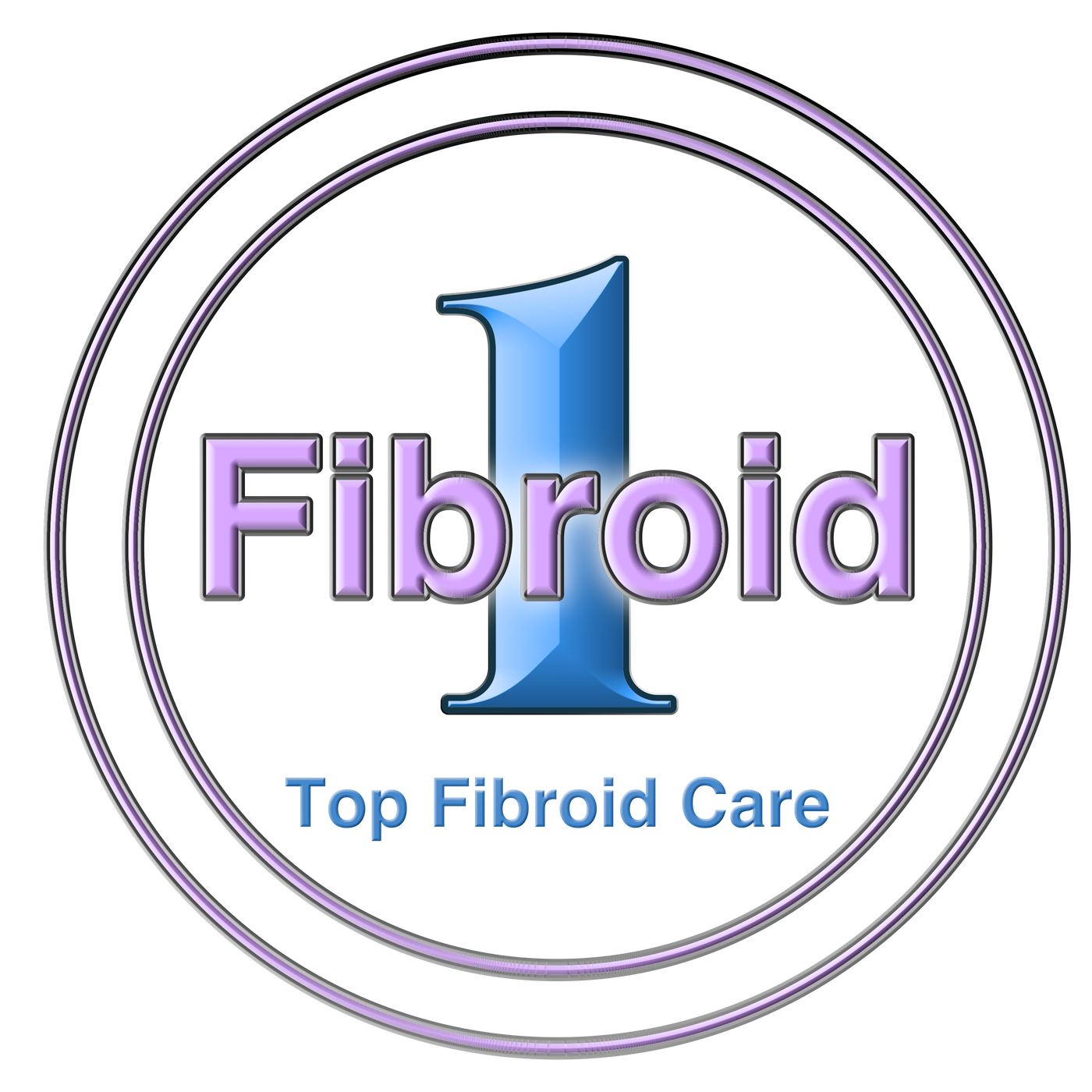Learn More About Medications:
For people with uterine fibroids, some people may not need treatment – this depends on whether or not your fibroids are causing symptoms, including pelvic pain and heavy menstruation. Not all fibroids will grow, and some may even shrink once menopause hits. It’s important to keep an eye on your fibroids by speaking with your gynecologist or fibroid specialist, as this allows your doctor to check in on their growth. Fibroids can’t be cured on your own, but one-way fibroids can be treated through medication.
At FibroidOne, our specialists can provide medications and therapy treatments to help relieve any symptoms without the need for surgery. For fibroids that cause pelvic pressure and other hormonal problems, medications can provide you with extensive relief and help keep your fibroids managed.
What Types of Medications Help With Fibroids?
While there are no medications currently that can remove fibroids, many medication treatments can be used to help prevent fibroid growth, control pelvic pain, and can even be used to shrink fibroids over time. Our clinic offers a variety of prescription medications to help you with your fibroids, including:
Hormone Replacement Therapy: Various types of hormone replacement therapy can be used depending on your symptoms. Estrogen-progestin, hormone patches, and vaginal rings can lessen symptoms of heavy bleeding and pelvic pain associated with adenomyosis. Hormone treatments like progestin-only contraception and continuous birth control pills can provide some relief from pelvic pain and lessen bleeding. In other cases, our specialists may even recommend avoiding birth control pills and hormone replacement therapy to halt the growth of fibroids.
Gonadotropin-Releasing Hormone (GnRH) Agonists: GnRH Agonists work to treat fibroids by blocking estrogen and progesterone, placing your body in a menopause-like state, which causes the fibroids to shrink and eventually leave the body. This medication is also used to reduce anemia often caused by fibroids and other conditions.
Gonadotropin-Releasing Hormone (GnRH) Antagonists: Similar to GnRH Agonists, GnRH Antagonists also work to put the body in a menopause-like state by suppressing estrogen. However, one of the risks with this medication is the increased risk for osteoporosis, especially if taken beyond six months.
Selective Estrogen Receptor Modulators: Also known as SERMs, this type of medication both mimics and blocks estrogen effects throughout the various tissues, interacting with the estrogen receptors throughout the fibroid. While typically used for breast tissue, this medication may be able to shrink fibroids without causing menopause but also present the risk for osteoporosis.
Receiving Long-Term Care Through FibroidOne
There are many ways our team at FibroidOne can help you feel better, and through our medication options, we can provide effective pain relief and shrink your fibroids over time. Alongside these treatments, anti-inflammatory medications and other non-hormonal medications to control symptoms. However, not all medications can effectively treat fibroids, especially if those fibroids are too large and cause consistent pain. In these cases, minimally invasive and invasive surgeries are recommended for treating fibroids. For more information about our medication options for fibroids, contact our clinic today to arrange an appointment.











